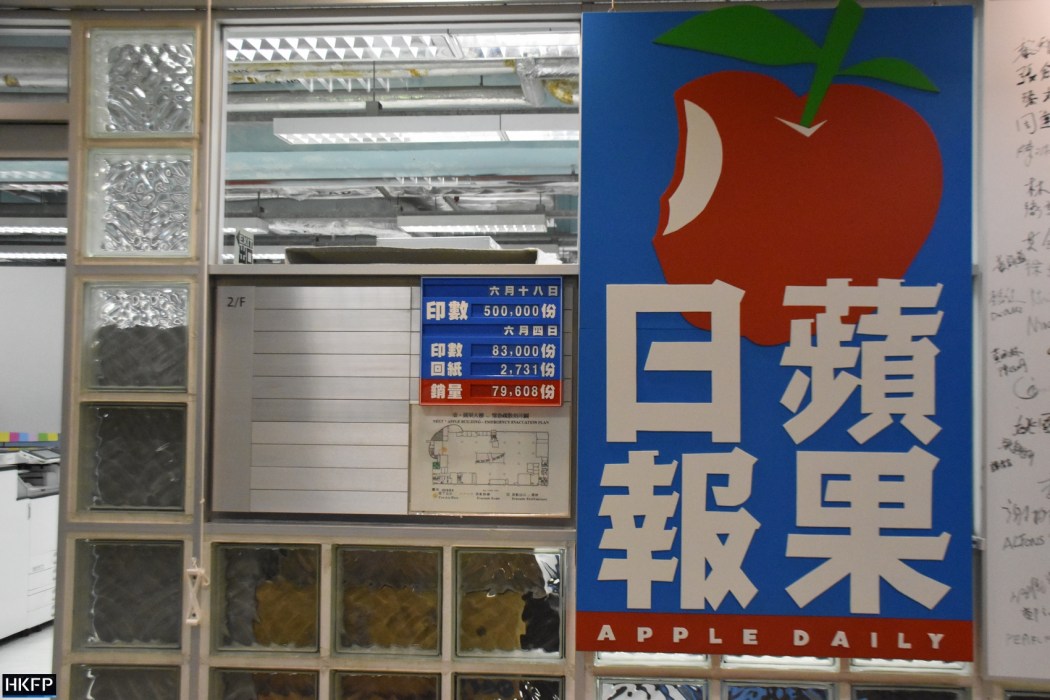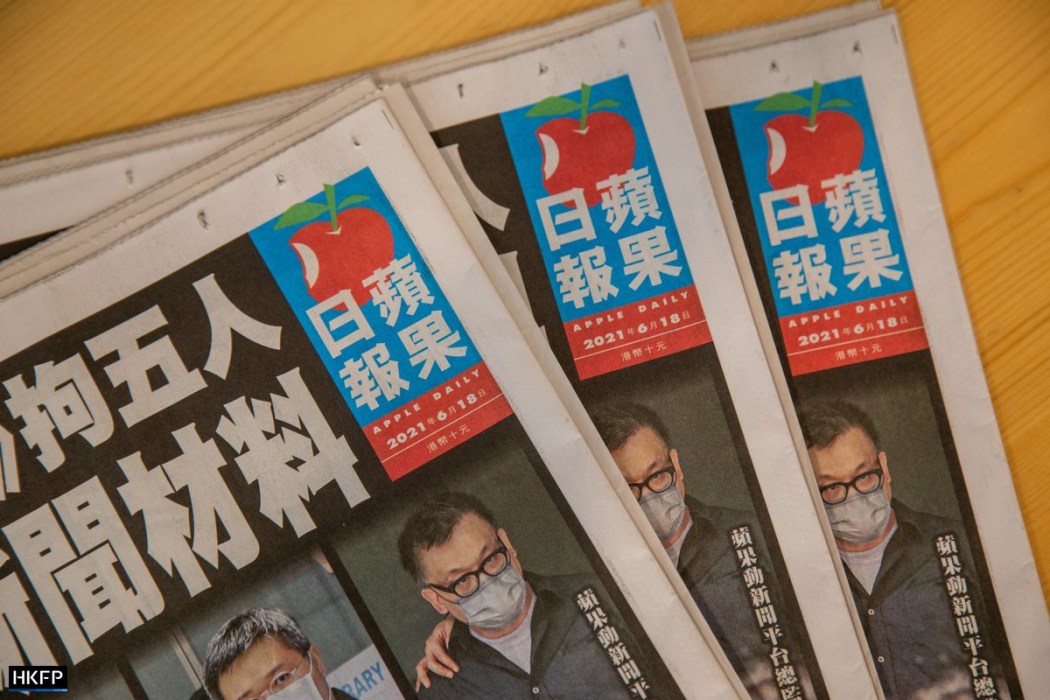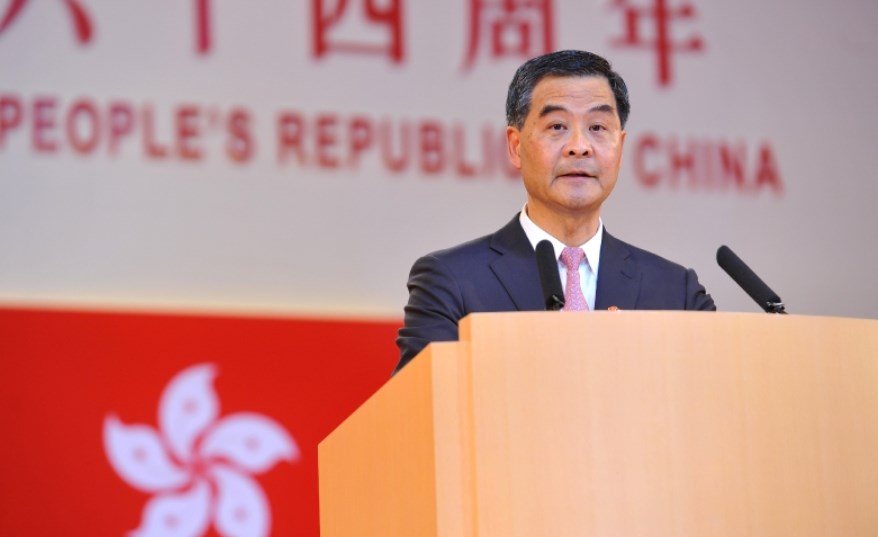Hong Kong pro-democracy tabloid Apple Daily has decided to halt all operations in the city, the board said in a statement on Wednesday. The decision was made on the same day an Apple Daily opinion writer was arrested under the security law.
The last edition of the paper will be available on Thursday the paper announced.

The 26-year-old daily faces imminent closure after HK$18 million worth of its assets were frozen by the authorities following the arrest of five top executives. Unable to pay staff, many at the newsroom have resigned.
Apple Daily’s English news section, finance section, video department, and Twitter account have all ceased operation earlier this week.
“The Company thanks our readers for their loyal support and our journalists, staff and advertisers for their commitment over the past 26 years,” the board said in a statement.
Calls for clarity
Some 500 police were involved in arresting five top executives, raiding the paper’s headquarters, and charging parent company Next Digital’s CEO Cheung Kim-hung and Apple Daily Editor-in-Chief Ryan Law on suspicion of violating the national security law. The news outlet is accused of publishing more than 30 articles which called for sanctions on the Beijing and Hong Kong governments.
Last week, the Security Bureau and the police refused to indicate whether the allegedly offending articles were editorials, op-eds, or news reports, whilst – on Tuesday – Chief Executive Carrie Lam declined to clarify how reporters can avoid arrest.
A total of seven individuals connected to Apple Daily have been arrested under the national security law since its enactment last July. Three of them, including the newspaper’s founder Jimmy Lai, have been charged under the law.
‘The blackest day’
Amnesty International’s Asia Pacific Regional Director Yamini Mishra said on Wednesday that Apple Daily’s closure is “the blackest day for media freedom in Hong Kong’s recent history.”

“The paper has been effectively banned by the government for publishing articles that criticized it, and for reporting on international discussions about Hong Kong. This is an unacceptable attack on freedom of expression,” said Mishra.
“The arrests of Apple Daily staff, seizing of journalistic materials and freezing of its assets will send a shiver down the spine of all media outlets operating in Hong Kong.“
The International Press Institute’s (IPI) Executive Director Barbara Trionfi said in a statement that the closure represented another step towards the “eradication” of press freedom: “China’s national security law for Hong Kong has been revealed to be exactly what critics feared: a ready-made instrument to suppress independent news coverage. The international community must not remain silent as Hong Kong’s freedoms are removed brick-by-brick. The IPI global network stands in solidarity with Apple Daily’s journalists and staff.”

Meanwhile, former chief executive of Hong Kong Leung Chun-ying – who often rails against the paper on social media – said that people can wait and see how “Apple Daily created rumours, falsified, defamed, sensationalised until the last day.”
Support HKFP | Policies & Ethics | Error/typo? | Contact Us | Newsletter | Transparency & Annual Report | Apps
Help safeguard press freedom & keep HKFP free for all readers by supporting our team

























